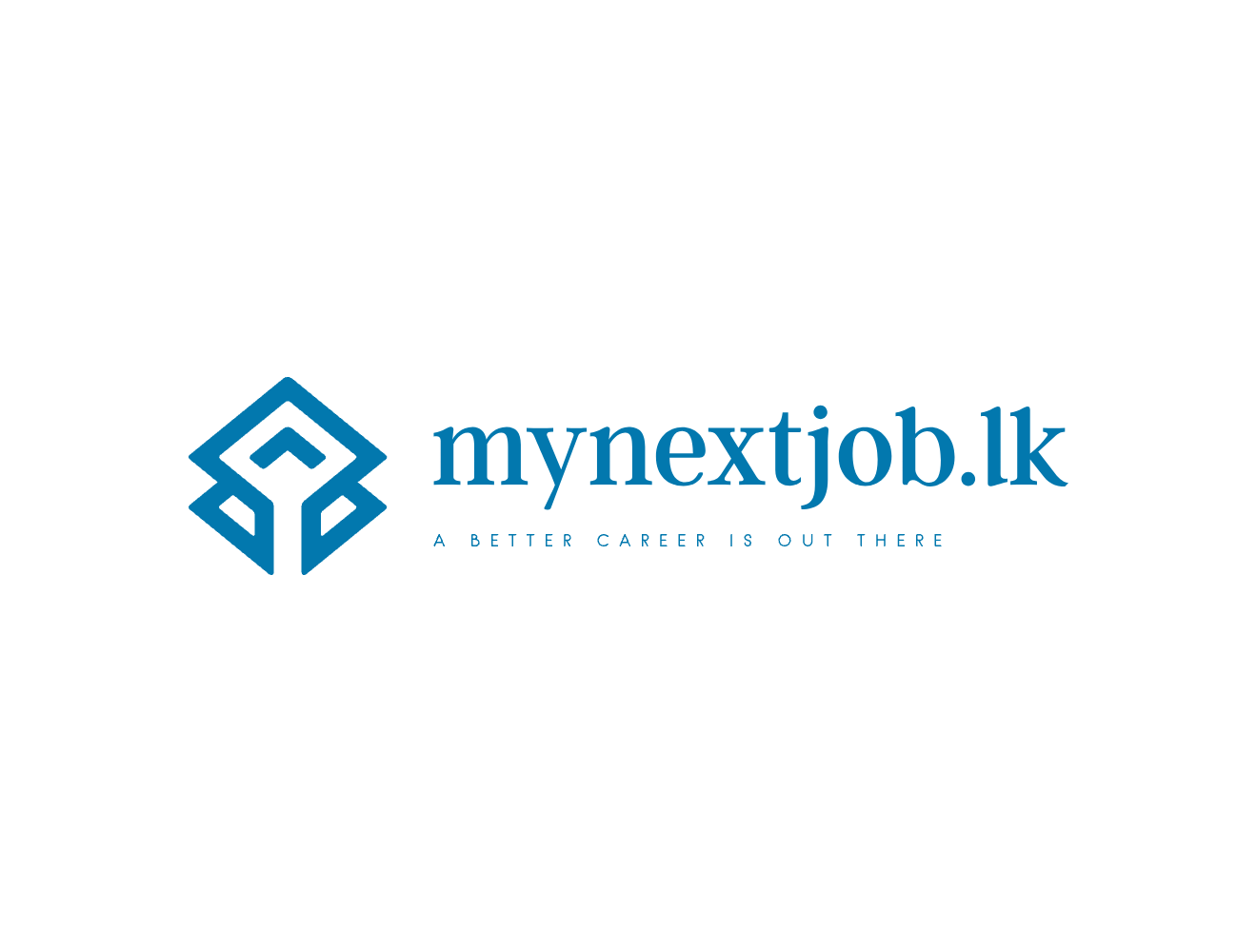The world of work is rapidly evolving. For decades, the gold standard of a stable career was traditional full-time employment, offering security and a clear path for advancement. However, the rise of the gig economy has ushered in an era where freelancing is not just a side hustle but a legitimate, often lucrative, and highly flexible career path. Professionals in Sri Lanka, from Colombo to Kandy, are increasingly weighing these two options.
- 1. Understanding the Landscape: Defining Freelancing and Full-Time Work
- 2. The Case for Full-Time Employment: Stability and Structure
- 3. The Appeal of Freelancing: Autonomy and Freedom
- 4. Key Factors to Consider When Choosing Your Path
- Your Personality and Risk Tolerance
- Your Financial Needs
- Your Desired Work-Life Balance and Career Flexibility
- Your Industry and Role
- 5. The Best of Both Worlds: Hybrid Models
- Conclusion: Making an Informed Choice
Deciding between freelancing vs. full-time work isn’t a one-size-fits-all answer. It’s about understanding your priorities regarding work-life balance, financial stability, autonomy, and career flexibility. This in-depth guide from mynextjob.lk will help you explore the pros and cons of each model, empowering you to choose the career path that best aligns with your aspirations and lifestyle.
1. Understanding the Landscape: Defining Freelancing and Full-Time Work
Before diving into a comparison, let’s clearly define what each career path entails.
Full-Time Employment
This is the traditional model where you are an employee of a company, typically working a fixed number of hours per week (e.g., 40 hours) for a single employer.
Key Characteristics: Stable monthly salary, employee benefits (health insurance, EPF/ETF in Sri Lanka, paid leave), fixed work schedule, defined reporting structure, opportunities for internal promotion.
Freelancing (Gig Economy)
In this model, you are self-employed, working as an independent contractor for multiple clients on a project-by-project basis.
Key Characteristics: Variable income, no employee benefits (you manage your own), flexible work hours and location, direct control over your work and clients, responsible for your own taxes and business expenses. The gig economy thrives on this model, connecting independent workers with short-term contracts or project-based tasks.
2. The Case for Full-Time Employment: Stability and Structure
 For many, the security and predictability of a full-time job are invaluable. Here’s why the traditional path remains a popular choice.
For many, the security and predictability of a full-time job are invaluable. Here’s why the traditional path remains a popular choice.
Pros:
- Financial Stability: A fixed monthly salary provides security and makes financial planning (loans, investments) much easier.
- Comprehensive Benefits: A company-provided benefits package, including health insurance and retirement plans, is a significant advantage that you don’t have to manage yourself.
- Defined Career Path: There’s often a clear ladder for promotion, a sense of career progression, and opportunities for structured professional development.
- Team and Culture: Working in a team environment can foster collaboration, social connections, and a sense of belonging.
- Less Administrative Burden: The company handles administrative tasks like payroll, taxes, and accounting, freeing you up to focus on your job.
Cons:
- Less Flexibility: You are tied to a fixed schedule and a single location (office or home office), which can limit your ability to travel or manage personal appointments.
- Limited Autonomy: Your work is often dictated by your manager and company goals, leaving less room for personal creative expression or project selection.
- Potential for Workplace Politics: Navigating office politics can be a source of stress.
3. The Appeal of Freelancing: Autonomy and Freedom
 The allure of being your own boss and having control over your professional life is a powerful motivator for many to join the gig economy.
The allure of being your own boss and having control over your professional life is a powerful motivator for many to join the gig economy.
Pros:
- Career Flexibility: You have the freedom to choose your projects, clients, and work on things that truly interest you. You can pivot your skills to new areas easily.
- Work-Life Balance: This is a major selling point for freelancing. You can often set your own hours, allowing you to build a schedule that accommodates personal and family commitments.
- Unlimited Earning Potential: Your income is not capped by a fixed salary. You can take on more projects or charge higher rates as you gain experience and build your reputation.
- Location Independence: If your work can be done remotely, you have the freedom to work from anywhere in the world, a huge draw for those with a passion for travel.
- Diverse Experience: Working with multiple clients across different industries exposes you to a wide range of challenges and business models, rapidly expanding your skillset.
Cons:
- Financial Instability: Income can be unpredictable, with periods of feast or famine. There’s no guarantee of a steady paycheck.
- No Benefits: You are responsible for your own health insurance, retirement savings, and paid leave. This requires careful financial planning.
- Administrative Burden: You are also the CEO, CFO, and marketing department. You must handle client acquisition, invoicing, taxes, and all business-related administration.
- Isolation: Working alone can lead to feelings of isolation and a lack of social interaction that a traditional office provides.
- The “Client Is Always Right” Pressure: You are solely responsible for managing client expectations and satisfaction, which can be stressful.
4. Key Factors to Consider When Choosing Your Path
 To make the right decision, ask yourself a series of honest questions about what you value most in a career.
To make the right decision, ask yourself a series of honest questions about what you value most in a career.
Your Personality and Risk Tolerance
- Are you self-disciplined and motivated, or do you thrive with a structured routine and a manager’s guidance?
- How comfortable are you with financial risk? Can you handle periods of low income, or do you need a stable paycheck to feel secure?
Your Financial Needs
- Do you have significant financial obligations (a mortgage, family responsibilities) that require a predictable income?
- Do you have an emergency fund to cover living expenses during dry spells in freelance work?
Your Desired Work-Life Balance and Career Flexibility
- Do you need to set your own schedule to manage family life or other passions?
- Are you an independent worker who values autonomy above all else, or do you enjoy collaborating with a team?
Your Industry and Role
- Is your profession in high demand for freelancers (e.g., graphic design, content writing, software development)?
- Does your field require significant company-specific resources or highly structured team collaboration that makes freelancing difficult?
5. The Best of Both Worlds: Hybrid Models
The line between freelancing and full-time employment is becoming increasingly blurred. Many professionals are now opting for a hybrid approach.
- The “Side Hustle”: You maintain your full-time job for security and benefits while taking on freelance projects on the side to earn extra income and explore new skills.
- Contract-to-Hire: Many companies are hiring freelancers or contractors for a set period with the option of converting them to full-time employment if the fit is right. This is an excellent way to test the waters.
Conclusion: Making an Informed Choice
There is no single “correct” answer to the freelancing vs. full-time debate. The ideal choice for you depends on your personal circumstances, career goals, and values.
Full-time employment offers a path of stability, structured growth, and security. Freelancing and the gig economy offer freedom, autonomy, and the potential for greater rewards. Take the time to honestly assess your priorities. Talk to professionals who have chosen both paths. By making an informed decision, you can confidently build a career that not only succeeds but also brings you genuine fulfillment.











